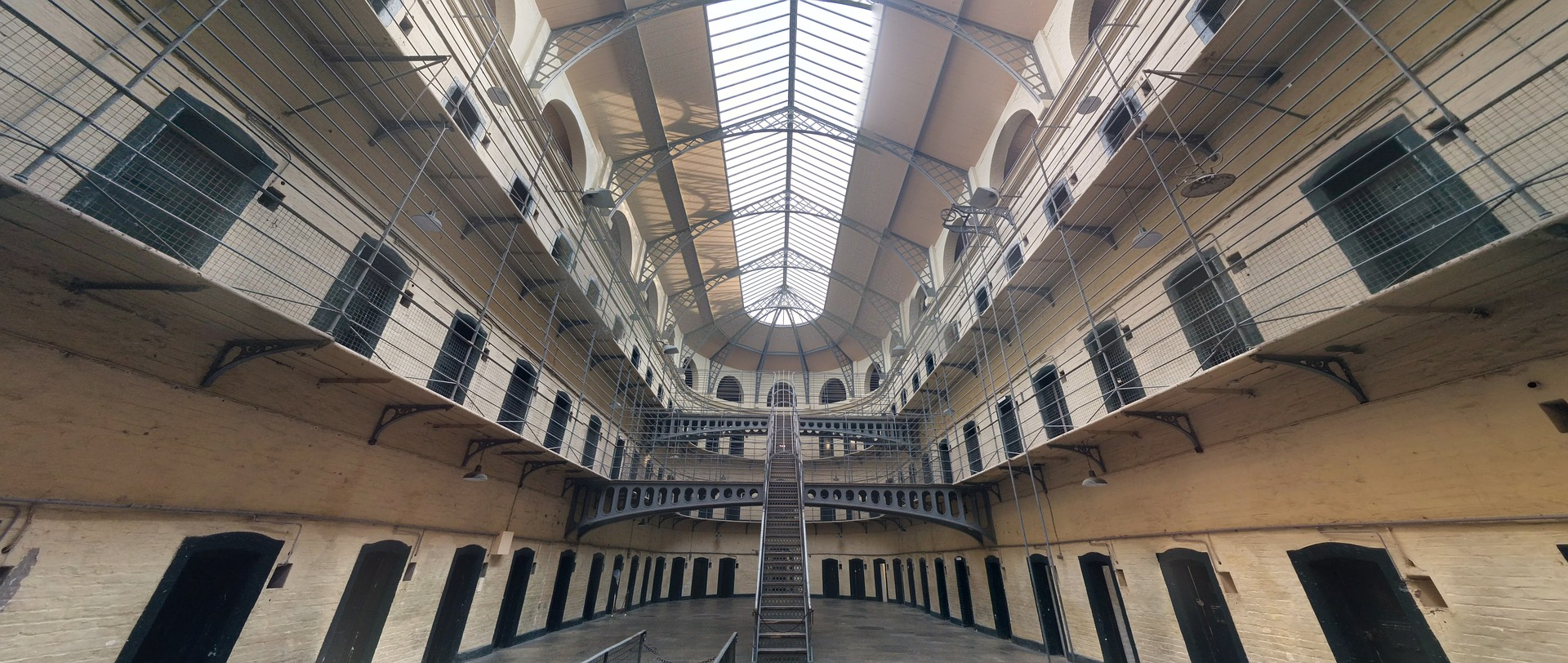Deaths of Prisoners With Epilepsy Preventable Independent Reports

Failures in Prison Healthcare Put Lives at Risk, Highlighting Urgent Need to Improve Duty of Care
When someone is sent to prison, their punishment is the loss of liberty – not the loss of basic healthcare. Yet a new investigation has revealed a disturbing pattern of preventable deaths linked to failures in managing epilepsy within the prison system. These findings raise serious questions about the state’s duty of care and whether prisons are meeting their legal and moral responsibilities to those in custody.
A System Failing Its Most Vulnerable
A review commissioned by the Prisons and Probation Ombudsman (PPO) has identified serious shortcomings in how epilepsy – one of the UK’s most common long-term health conditions – is managed in prisons across England and Wales.
The report found that prisoners with epilepsy are four times more likely to die from Sudden Unexpected Death in Epilepsy (SUDEP) than people living in the community.
In many cases, deaths occurred in circumstances that were entirely preventable.
The PPO concluded that one in four epilepsy-related deaths followed care that fell below the minimum legal standard.
Prisoners with known seizure disorders were left unmonitored, housed in single cells, or denied essential safety measures.
Adrian Usher, the Prisons and Probation Ombudsman, described the findings as “gut-wrenching reading,” adding that many families will forever ask: Would my loved one still be alive if proper care had been provided?
Tragic Cases That Expose Systemic Neglect
The report highlights individual tragedies that reflect broader systemic failings in prison healthcare.
Trevor Monerville – A Death That Should Never Have Happened
In 2021, 33-year-old Trevor Monerville died alone in his cell at HMP Lewes after suffering a seizure.
Despite his worsening condition and reliance on daily medication, Trevor was placed in a single cell and not properly monitored. A morning roll check was missed, delaying lifesaving intervention.
The coroner later found the care he received to be “insufficient and inadequate.” His sister, Nadine Smith, continues to campaign for change, saying: “With proper procedures in place, Trevor would still be here today.”
Amarjit Singh – A Call for Help Ignored
That same year, 41-year-old Amarjit Singh died at HMP Pentonville after staff ignored urgent calls for help.
His cellmate repeatedly pressed the emergency bell as Singh suffered a seizure, but the alarm went unanswered for nearly 40 minutes due to a faulty control panel.
When an officer finally arrived, they dismissed the incident, telling the cellmate it would “wear off by morning.” Singh was found dead hours later.
A coroner ruled that neglect contributed to his death.
Both cases illustrate how vulnerable prisoners can fall through the cracks of an overstretched and under-resourced system — with devastating consequences.
Where the Duty of Care Is Breaking Down
The PPO’s review examined 125 deaths linked to epilepsy over the past decade and revealed widespread failures:
- Only 10% of prisoners were in remission – far below the community target of 70%.
- Just 38% had an epilepsy care plan, despite this being required under NICE guidelines.
- Seizures were sometimes dismissed due to false assumptions about drug use.
- In 11 cases, increasing seizure frequency was ignored with no intervention or review.
- Many deaths occurred shortly after prison transfers, when continuity of care is weakest.
These findings point to systemic failures in risk assessment, communication, and medical oversight – each a potential breach of the Article 2 “Right to Life” obligations under the European Convention on Human Rights (ECHR).
Why Reform Is Urgently Needed
Prisons have a legal duty of care to safeguard the health and wellbeing of everyone in custody. When that duty is neglected, the consequences are often fatal. The PPO’s report calls for urgent reforms to ensure consistent and lawful standards of healthcare behind bars, including:
- Mandatory epilepsy care plans for all diagnosed prisoners.
- Ending single-cell placement for individuals with uncontrolled seizures.
- Prohibiting top-bunk allocations for at-risk prisoners.
- Improved monitoring and transfer protocols to ensure continuity of care.
- Comprehensive staff training on epilepsy and long-term health conditions.
The Ombudsman described his findings as “the starting gun for long-overdue change,” adding: “The punishment from the court is your loss of liberty – not your loss of healthcare.”
The Howard League for Penal Reform echoed the call for reform, stressing that “a medical diagnosis should never become a death sentence in custody.”
Legal and Human Rights Implications
Deaths arising from inadequate prison healthcare can give rise to both civil and criminal liability.
Families may be entitled to pursue Article 2 inquests or judicial review proceedings against the prison service, healthcare providers, or the Ministry of Justice.
In some cases, failings may amount to gross negligence manslaughter or corporate criminal liability where systemic neglect can be shown.
Such cases also highlight the increasing role of independent expert evidence in assessing medical care, risk management, and institutional compliance.
How We Can Help
We are always on hand to advise and offer legal representation wherever required. Call us now on 0161 477 1121 or email us.


